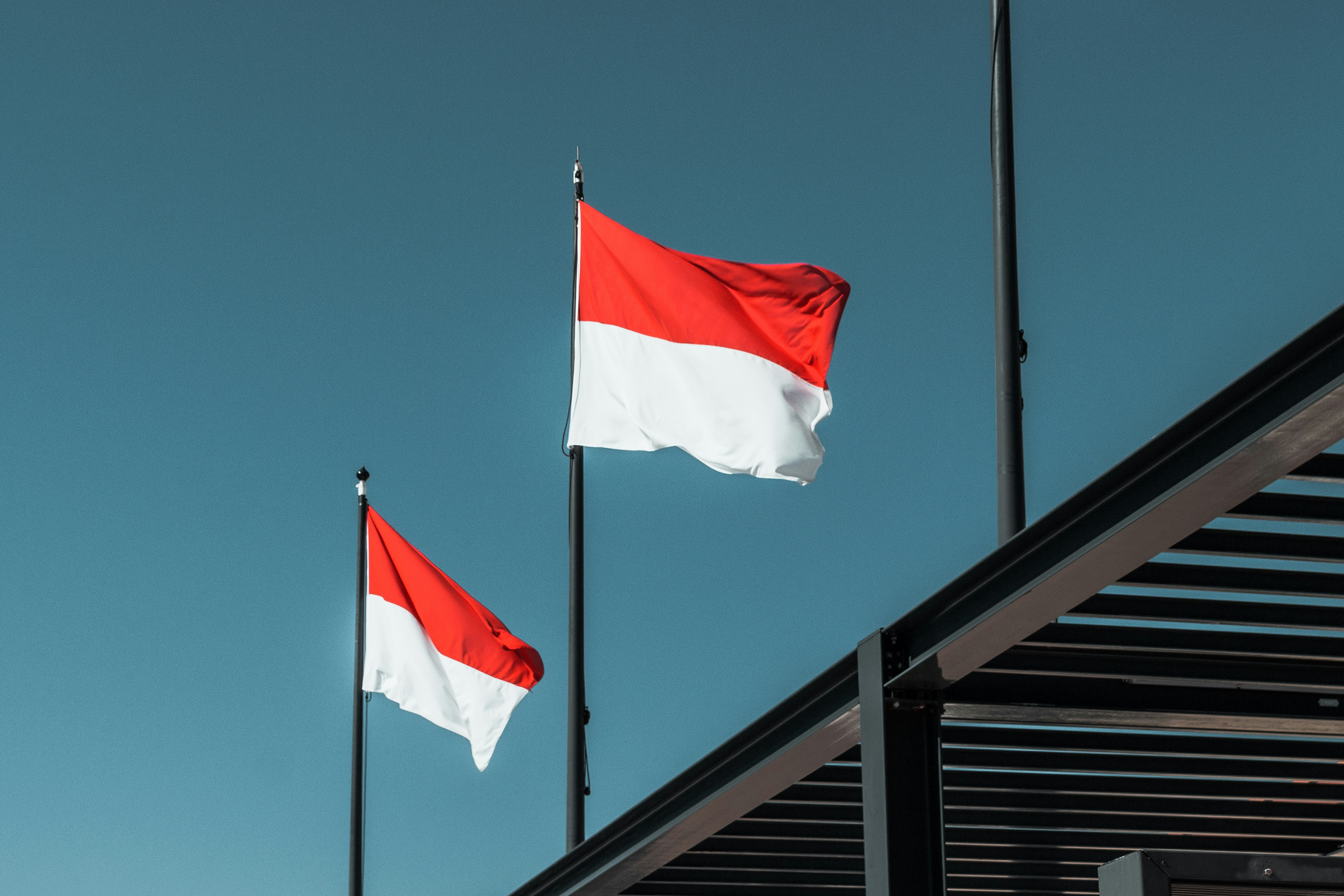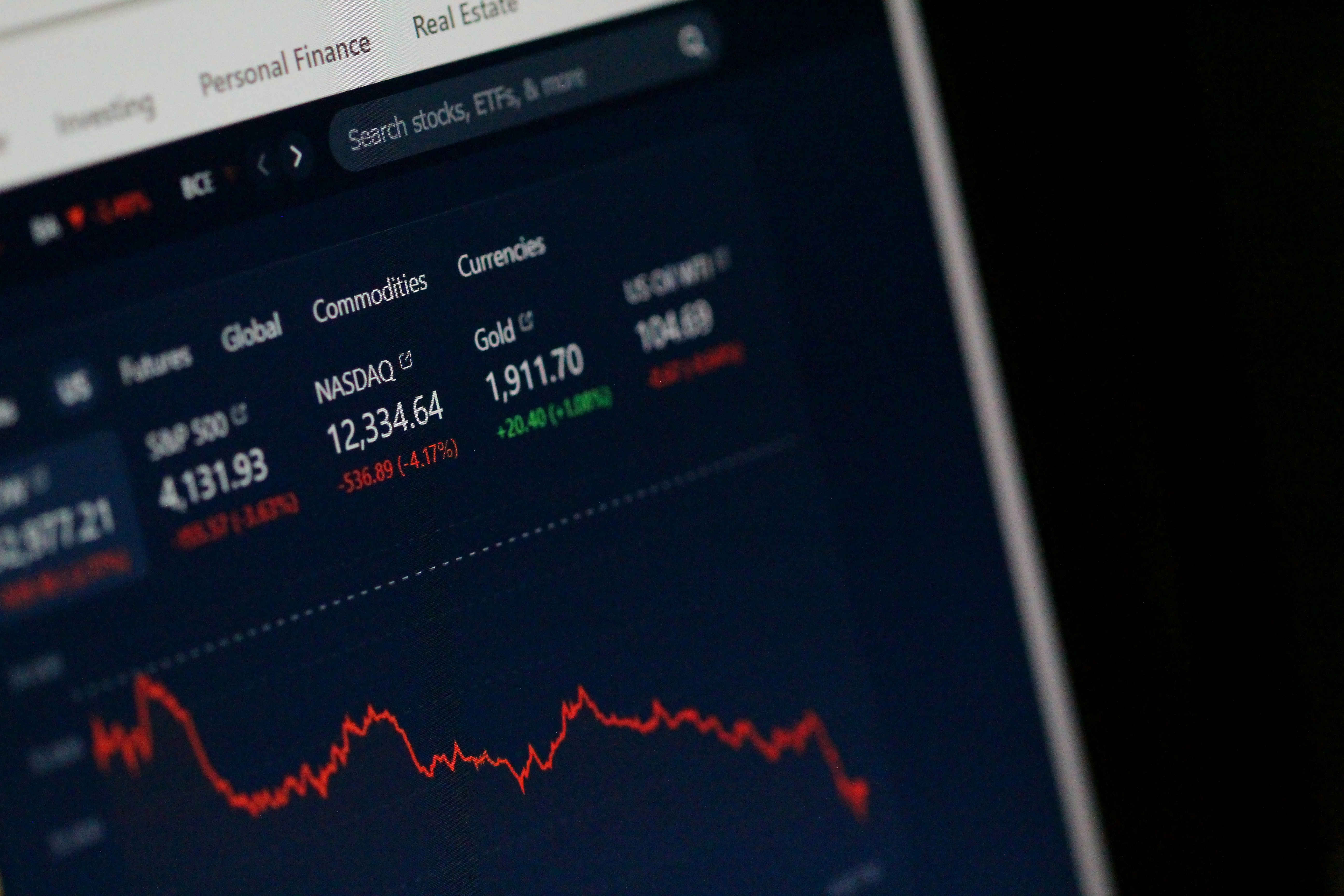Violent conflicts in Indonesia have evolved into more frequent, though smaller-scale incidents compared to mass atrocities that happened in the past. While these occurrences are currently less lethal, there is a risk that they could escalate into significant and deadly mass atrocities if not properly managed.
In order to provide the stakeholders with a comprehensive monitoring tool that provides early warnings and strategies for risk mitigation on atrocities prevention, the Centre for Strategic and International Studies (CSIS) with support from the Asia Pacific Centre for the Responsibility to Protect (APR2P) at the University of Queensland developed the Collective Violence Early Warning (CVEW) Dataset. This important database compiled detailed reports of all collective violence incidents in Indonesia with daily updates and analysis. Additionally, this Dataset aligns with the variables outlined in the United Nations Framework of Analysis for Atrocity Crimes.
The Dataset monitors these incidents through a daily data-collecting process by six trained and experienced coders from 71 provincial-level and 2 national-level online newspapers across all 34 provinces. It meticulously captures 57 detailed variables, encompassing the full spectrum of each incident’s aspects and underlying causes. Furthermore, the Dataset evaluates related incidents and assesses the effectiveness of third-party interventions, providing a robust framework for timely and informed response strategies. The data will be verified and analyzed before being published through an accessible webpage.1
This report will provide general and specific findings on the patterns of collective violence incidents in Indonesia between January and December 2023. In that period, the CVEW Dataset recorded 1.632 collective violence incidents - most since its inception - which resulted in 261 deaths and 1.689 injuries.







